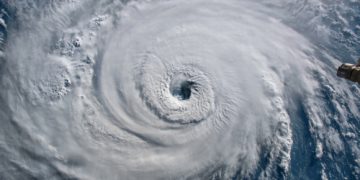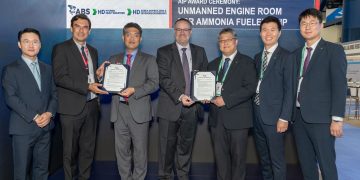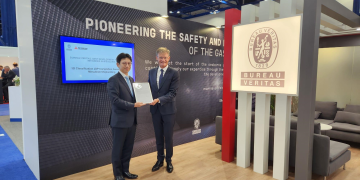ICS plea to IMO Member States on implementation of new environmental rules
In advance of a critical intergovernmental meeting next month at the UN International Maritime Organization (IMO), the International Chamber of Shipping (ICS) has called on IMO Member States to give careful consideration to shipowners' concerns about the implementation of an avalanche of new environmental regulations, which are about to impact on ship operations at more or less the same time. ICS Chairman, Masamichi Morooka, explained: "The shipping industry is not in any way questioning the need for these important new IMO rules and is fully committed to implementation. But governments need to address some very important issues if they wish to avoid confusion and market distortion." In advance of next month's IMO Marine Environment Protection Committee (MEPC), the ICS Board of Directors, which met in London this week, reviewed the solutions that ICS is proposing to governments with respect to the serious implementation concerns associated with entry into force of the IMO Ballast Water Management Convention, and new MARPOL regulations to reduce sulphur emissions. The ICS Board also reviewed the continuing debate at IMO about additional measures to reduce ships' CO2 emissions. Making the Ballast Convention Work "ICS fully supports the objectives of the Ballast Convention and recognises that its ...
Read more



























































